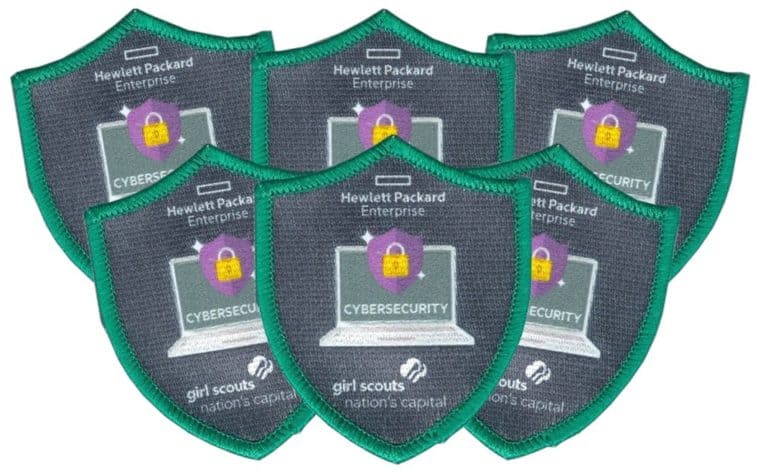HPE is working with the Girl Scouts – the American Girl Scouts – to get more girls to take an interest in cybersecurity. The two parties have developed a game, a course and, of course, a Girl Scout patch that focuses on cyber risks and how best to combat them.
Children are one of the biggest risk groups when it comes to online activities. From threats to harassment and deceit – children often have to deal with it. The average child gets a first smartphone when it is 10.3 years old. 39 percent of the children register their first social media account at the age of eleven. It is therefore very important that children learn to protect themselves on the Internet and are quickly made aware of the right behaviour on the Internet.
Course and game
HPE wanted to take on that challenge and therefore entered into a partnership with the Girl Scouts. It wants to give girls the knowledge they need to protect themselves online. Through a new game and a cybersecurity course, HPE hopes to get the girls to consider a career in IT and cybersecurity as well.
The course is made for Junior Girl Scouts – girls aged between nine and eleven years old. In the course they will be informed about four areas: personal information and digital footprint; online security; privacy and security; cyber-bullying. Girls who complete the program get an extra patch for their uniform.
Women in cyber security
The collaboration fits within the Girl Scouts organization’s goal of encouraging 2.5 million girls to become active in science, technology, engineering and mathematics. In addition, HPE has the Women in Cybersecurity group, which is also committed to getting more women in these fields.
Above all, girls within the game learn what to do in certain situations. This is a narrative game that asks the girls to respond to situations linked to cyber-bullying, phishing and online security. The game is now available via a web interface, but will also be launched as an app for smartphones and desktops.
This news article was automatically translated from Dutch to give Techzine.eu a head start. All news articles after September 1, 2019 are written in native English and NOT translated. All our background stories are written in native English as well. For more information read our launch article.